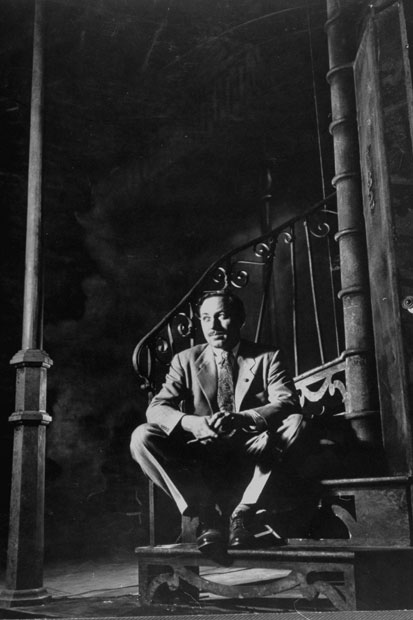Anyone for Tennessee? At a best guess, the answer to that’s yes. There’s scarcely a moment these days when there isn’t a Williams play on somewhere in the West End or along the Great White Way.
One reason for this is that he wrote such succulent roles, and I don’t mean just his steamroller leads, though for a kind of bruised or brittle actress, Blanche Dubois is as close to a female Hamlet as it gets. In A Streetcar Named Desire, there’s also the surly stud Stanley; Stella, his sex-drunk bride; and the courtly, perspiring Mitch, bewitched by Blanche’s blend of magic.
Then think of The Glass Menagerie, which has the smothering mother Amanda, the crippled Laura, and the conflicted Tom, who abandons both to pursue his vocation as an author. When it debuted in 1944, the play caused a sensation comparable to that of Ibsen’s A Doll’s House 50 years earlier: an ode to the liberation of youth, as Doll’s House was of women, daring to present its theme in all its glaring selfishness.
Think of Cat on a Hot Tin Roof’s sizzling Maggie, and its sozzled Brick, waiting for the ‘click’ from that last drink which will bring him the Zen of deep drunkenness; or the Rev T. Lawrence Shannon in The Night of the Iguana, another sonorous, anti-amorous drunk, forever thirsting to take ‘the long swim to China’ that would solve all his problems.
Still popular, still important. Which makes it all the more surprising that, 31 years after the playwright’s suicide, there hasn’t yet been a definitive biography. This is the throne to which John Lahr’s book aspires, and the pre-publication clamour is promising. ‘A masterpiece about a genius,’ declares the actress Helen Mirren.








Comments
Join the debate for just £1 a month
Be part of the conversation with other Spectator readers by getting your first three months for £3.
UNLOCK ACCESS Just £1 a monthAlready a subscriber? Log in